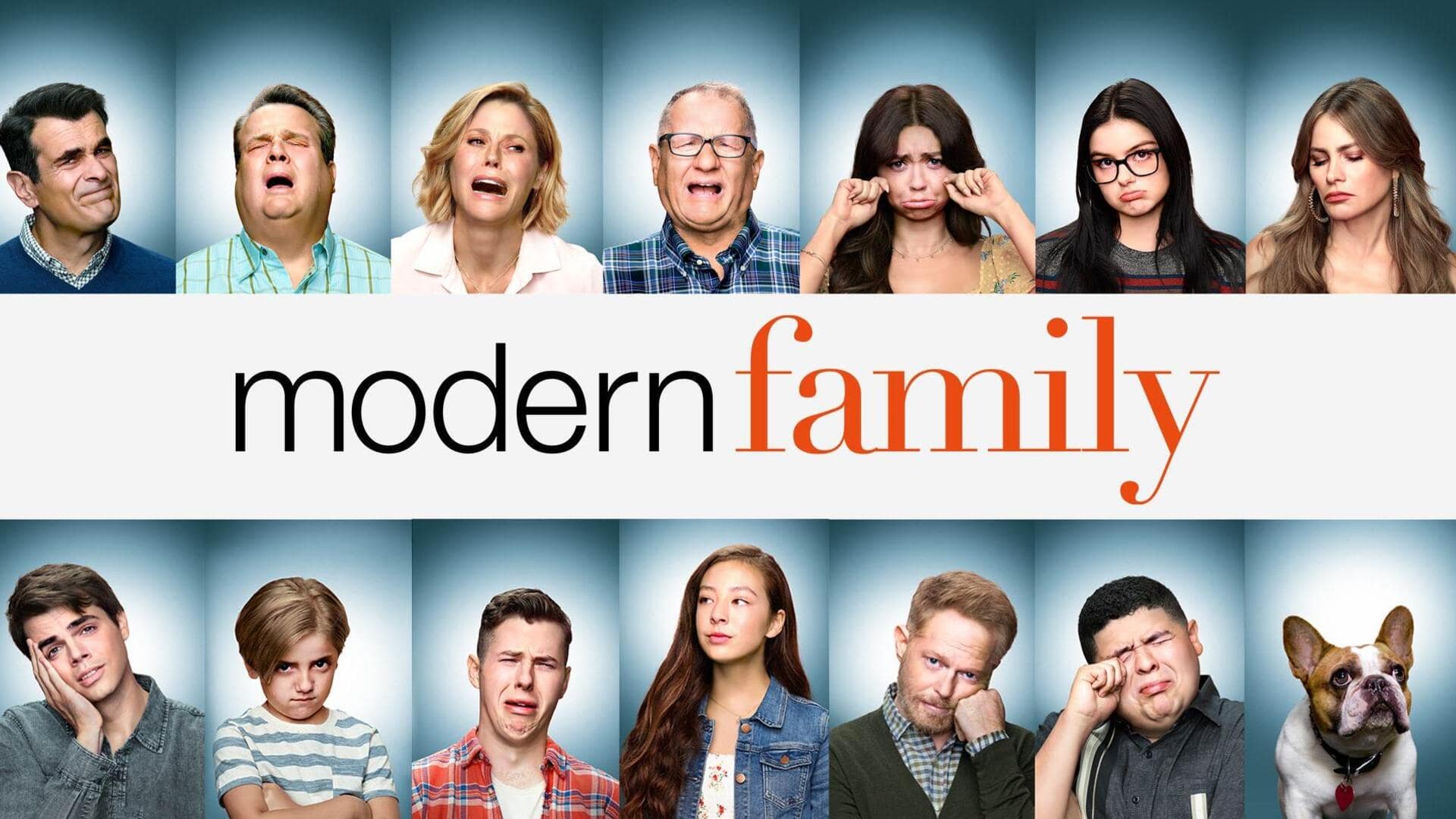
14yrs of 'Modern Family': Decoding cultural impact of beloved sitcom
What's the story
Modern Family—the iconic sitcom that aired from 2009 to 2020—has earned its place in the annals of pop culture as a "cultural reset."
Created by Christopher Lloyd and Steven Levitan, this ABC sitcom chronicles the lives of three diverse family units residing in suburban Los Angeles.
On the TV show's 14th anniversary, let's gather what sets it apart and makes the series truly exceptional.
#1
'Modern Family' masterfully depicts family dynamics with relatable characters
The sitcom showcased three families interconnected through their patriarch, Jay Pritchett.
The show's diverse cast stood out as its defining feature.
From Jay and Gloria's intergenerational marriage to Mitchell and Cameron's same-sex relationship and the relatable suburban chaos of the Dunphy family—the series presented a cross-section of modern family structures.
It provided viewers with an opportunity to see their own experiences mirrored on screen.
#2
Heartwarming narrative hidden behind mockery and jokes
While Modern Family was celebrated for its humor, it also fearlessly depicted emotionally relevant issues.
It explored parenting experiences—from the uproarious misadventures of first-time parents to the moments of children growing and gaining independence.
Characters like Claire grappled with the pressure of perfectionism, while others confronted identity crises, navigated career challenges, and embarked on journeys of self-acceptance, which was remarkably highlighted throughout the show.
#3
Introduction of same-sex couple, their Asian kid
The show premiered in a period when several aspects of the American social landscape were evolving.
The notion of a "normalized gay family" hadn't yet gained widespread acceptance, and the prevailing definition of a family was typically limited to a husband, wife, and their biological children.
The characters of Cameron and Mitchell, and their journey of raising an adopted Asian child, represented something groundbreaking.
#4
'Modern Family' overturned stereotypes on more than one occasion
One of the most prominent examples of the progressive approach embraced by the creators was the character of Gloria Delgado-Pritchett, brought to life by Sofia Vergara.
Up until that point, Latina women were often confined to one-dimensional roles.
However, Gloria transcended these limitations to emerge as a multi-dimensional and empowering figure. Working in tandem with Jay, the couple defied stereotypes associated with intergenerational relationships.
#5
Mockumentary format added intimate dimension
The mockumentary style—where characters spoke directly to the camera—was a masterstroke that added an intimate dimension to the show.
It allowed characters to deliver witty one-liners, humorous observations, and confessions directly to the viewers, often breaking the fourth wall.
The mockumentary style lent an air of authenticity to the show. It made the characters feel like real people sharing their lives with the audience.
Poll